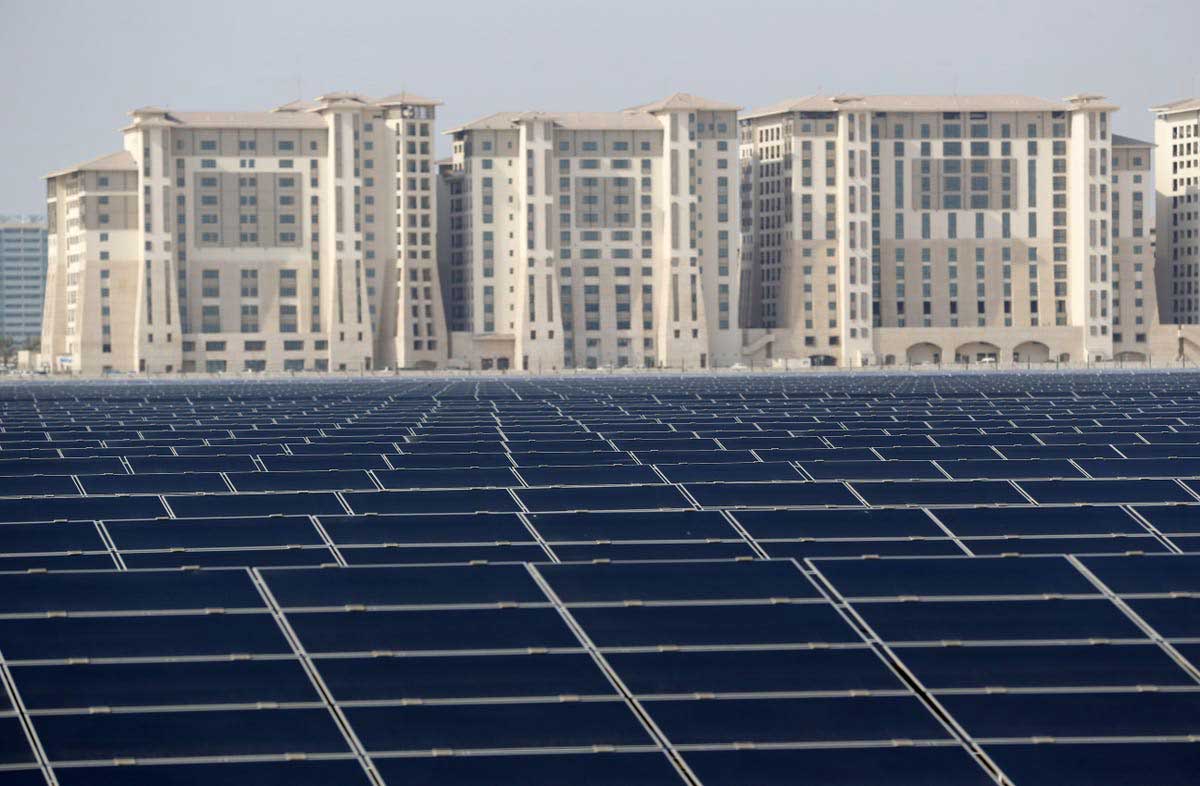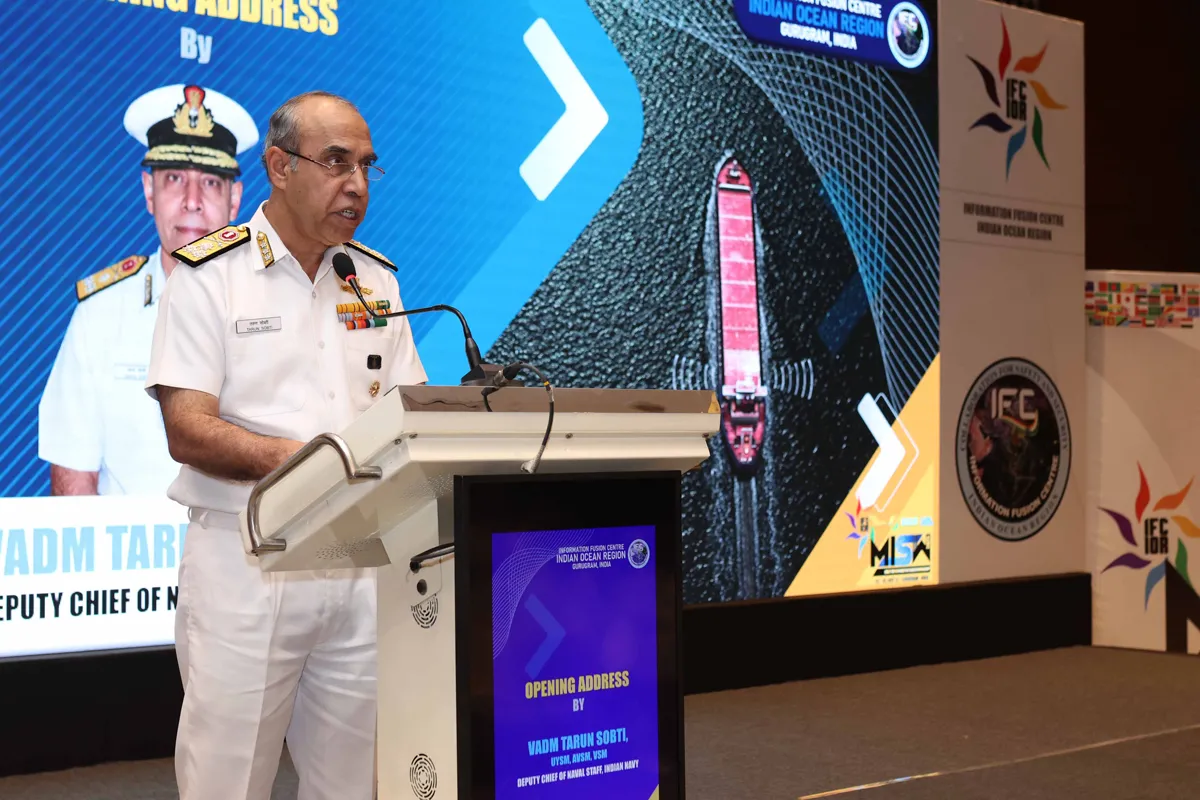
Renewable energy financing must grow 7x to meet climate goals

Piyush Goyal Boosts India–New Zealand Trade Ties
Union Minister of Commerce and Industry, Shri Piyush Goyal, is on an official visit to New Zealand to strengthen bilateral economic and trade relations between the two nations. The fourth round of India–New Zealand Free Trade Agreement (FTA) negotiations is currently underway in Auckland from 3 to 7 November 2025. At the India–New Zealand Business Forum, organised by the Auckland Business Chamber, Shri Goyal joined Hon. Todd McClay, Minister for Trade of New Zealand, for a Fireside Chat moderated by Mr Simon Bridges, CEO of the Auckland Business Chamber. Opening the session, Shri Goyal r..

India, Romania Strengthen Trade and Industry Cooperation
Minister of State for Commerce and Industry, Shri Jitin Prasada, led the Indian business delegation at the India–Romania Business Forum, organised by the Chamber of Commerce and Industry of Bra?ov (CCIBv) in partnership with the Embassy of India in Bucharest and the Department for Promotion of Industry and Internal Trade (DPIIT), Government of India. The engagement focused on expanding bilateral investment and industrial cooperation between the two countries, bringing together business leaders from key sectors such as automotive, aerospace, defence, renewable energy, engineering services, a..

Maritime Security Seminar Strengthens Indian Ocean Cooperation
The Maritime Security Seminar, held as part of the Maritime Information Sharing Workshop (MISW) 25, concluded on 4 November 2025. The three-day workshop, themed “Enhancing Real-Time Coordination and Information Sharing Across the Indian Ocean Region,” is being hosted by the Information Fusion Centre – Indian Ocean Region (IFC–IOR) and has brought together over 57 participants from 30 countries, including representatives from the Indian Ocean Rim Association (IORA), Djibouti Code of Conduct/Jeddah Amendment (DCoC/JA), and the Bay of Bengal Initiative for Multi-Sectoral Technical and Eco..
















